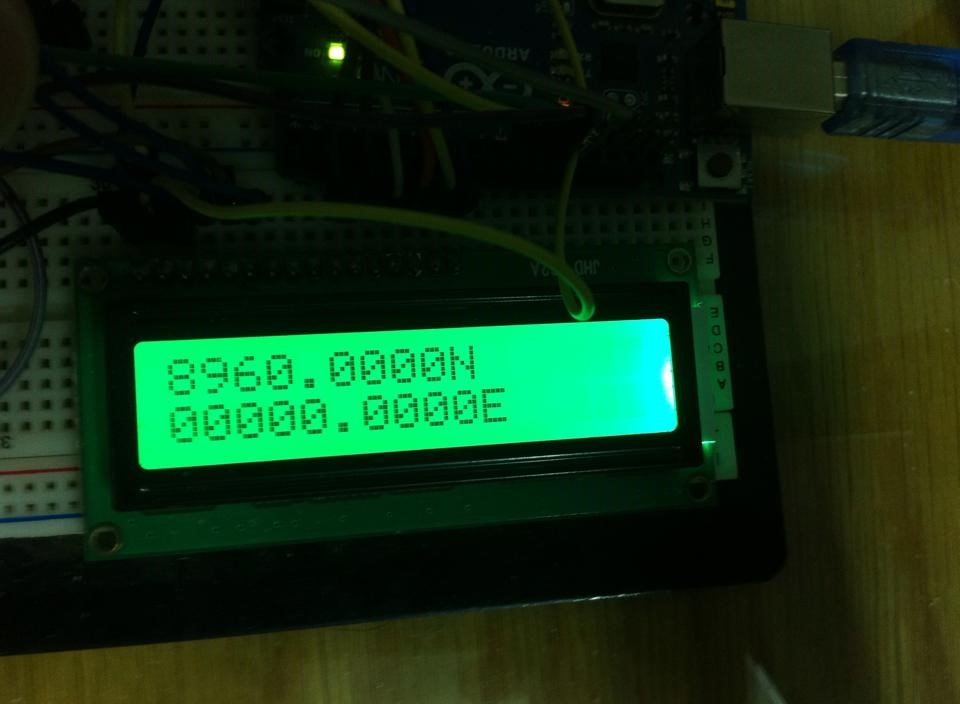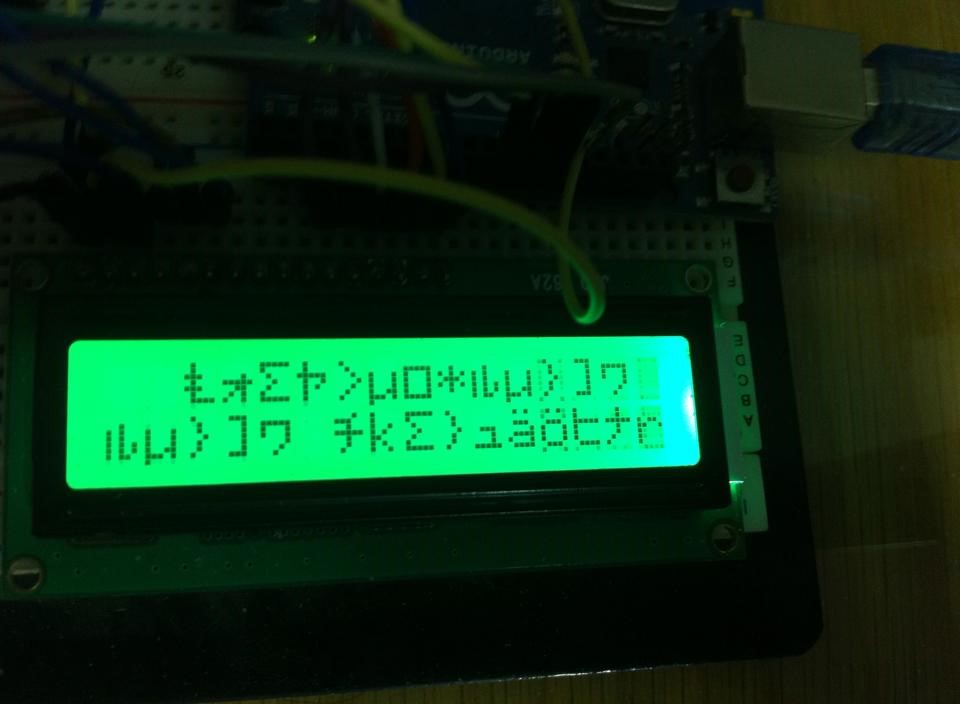i got a problem with my GPS controlled by ATmega328, when i download the code using arduino ISP the GPS works fine and the lcd displays correct data, but when i remove the power from the atmega328 and connect it again the GPS starts to send weird data to the lcd.
the two pictures below illustrates my problem :


#include "ALCD.H"
char rowCount;
char lastPOSy;
void lcd_reset()
{
lcd_port_dir=0XFF;
lcd_port = 0xFF;
_delay_ms(20);
lcd_port = 0x03+LCD_EN;
lcd_port = 0x03;
_delay_ms(10);
lcd_port = 0x03+LCD_EN;
lcd_port = 0x03;
_delay_ms(1);
lcd_port = 0x03+LCD_EN;
lcd_port = 0x03;
_delay_ms(1);
lcd_port = 0x02+LCD_EN;
lcd_port = 0x02;
_delay_ms(1);
}
void lcd_init (unsigned char rows)
{
rowCount=rows;
lastPOSy=0;
lcd_reset(); // Call LCD reset
lcd_cmd(0x28); // 4-bit mode - 2 line - 5x7 font.
lcd_cmd(0x0c); // Display no cursor - no blink.
lcd_cmd(0x06); // Automatic Increment - No Display shift.
lcd_cmd(0x80); // Address DDRAM with 0 offset 80h.
}
void lcd_cmd (char cmd)
{
lcd_port = ((cmd >> 4) & 0x0F)|LCD_EN;
lcd_port = ((cmd >> 4) & 0x0F);
lcd_port = (cmd & 0x0F)|LCD_EN;
lcd_port = (cmd & 0x0F);
_delay_us(200);
_delay_us(200);
}
void lcd_data (unsigned char dat)
{
lcd_port = (((dat >> 4) & 0x0F)|LCD_EN|LCD_RS);
lcd_port = (((dat >> 4) & 0x0F)|LCD_RS);
lcd_port = ((dat & 0x0F)|LCD_EN|LCD_RS);
lcd_port = ((dat & 0x0F)|LCD_RS);
_delay_us(200);
_delay_us(200);
}
void lcd_gotoxy(char posX,char posY)
{
if (posY==0 )
lcd_cmd((1<<7)+0x00+posX);
else
{
lcd_cmd((1<<7)+0x40+posX);
lastPOSy=1;
}
_delay_us(40);
}
void lcd_clear(void)
{
lcd_cmd(0x01);
_delay_ms(2);
lcd_cmd(0x02);
_delay_ms(2);
}
void lcd_putchar(unsigned char data)
{
lcd_data(data);
}
void lcd_puts( char *str)
{
unsigned char i=0;
while(*(str+i)!='\0'&&i<rowCount)
{
lcd_data(str[i]);
i++;
}
if (i>rowCount-1&&lastPOSy==0)
{
i=rowCount;
lcd_gotoxy(0,1);
while(*(str+i)!='\0')
{
lcd_data(str[i]);
i++;
}
}
}
void lcd_putconsts(const char *str)
{
unsigned char i=0;
while(*(str+i)!='\0'&&i<rowCount)
{
lcd_data(str[i]);
i++;
}
if (i>rowCount-1&&lastPOSy==0)
{
i=rowCount;
lcd_gotoxy(0,1);
while(*(str+i)!='\0')
{
lcd_data(str[i]);
i++;
}
}
}
